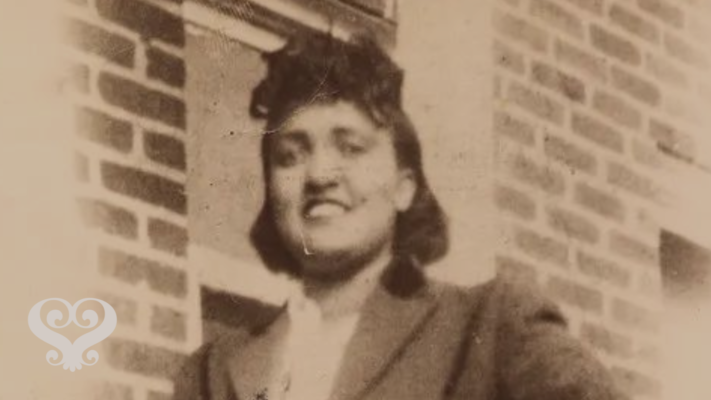Henrietta Lacks was a Black tobacco farmer from southern Virginia, the wife of a steelworker and mother to five children. In 1951, she made the journey to Baltimore to one of the few hospitals in the area willing to treat Black people, Johns Hopkins. She complained of lower abdominal and vaginal pain. Upon examination, her gynecologist discovered a large malignant tumor on her cervix. A sample of Henrietta’s cancer cells were retrieved during a biopsy without her knowledge or consent, and were given to the laboratory, where researcher Dr. George Gey cultured her cells.
Dr. Gey discovered that the cells of Henrietta Lacks had an extraordinary capacity to survive and reproduce. Where other cells would typically die, her cells doubled about every 24 hours, something doctors and researchers had never seen before. This culture became the first immortal cell line. Eventually, the cells were mass produced and shared among countless scientists for medical research. This discovery was happening behind closed doors, without her consent or knowledge, as Henrietta Lacks unknowingly received radium treatment for cervical cancer. She passed away at the age of 31 years-old.
‘HeLa” cells went on to facilitate countless research projects, including the development of vaccines—more recently, the COVID-19 vaccine. HeLa cells have saved numerous lives and changed the course of human history. Henrietta Lacks, the “Mother of Modern Medicine,” is one of the most important women in scientific history, yet for decades, she remained largely anonymous. She was unacknowledged and uncelebrated for her contribution to the advancements in modern medicine.
On this International Women’s Day, we remember the immeasurable contributions to our common humanity made by Henrietta Lacks.

